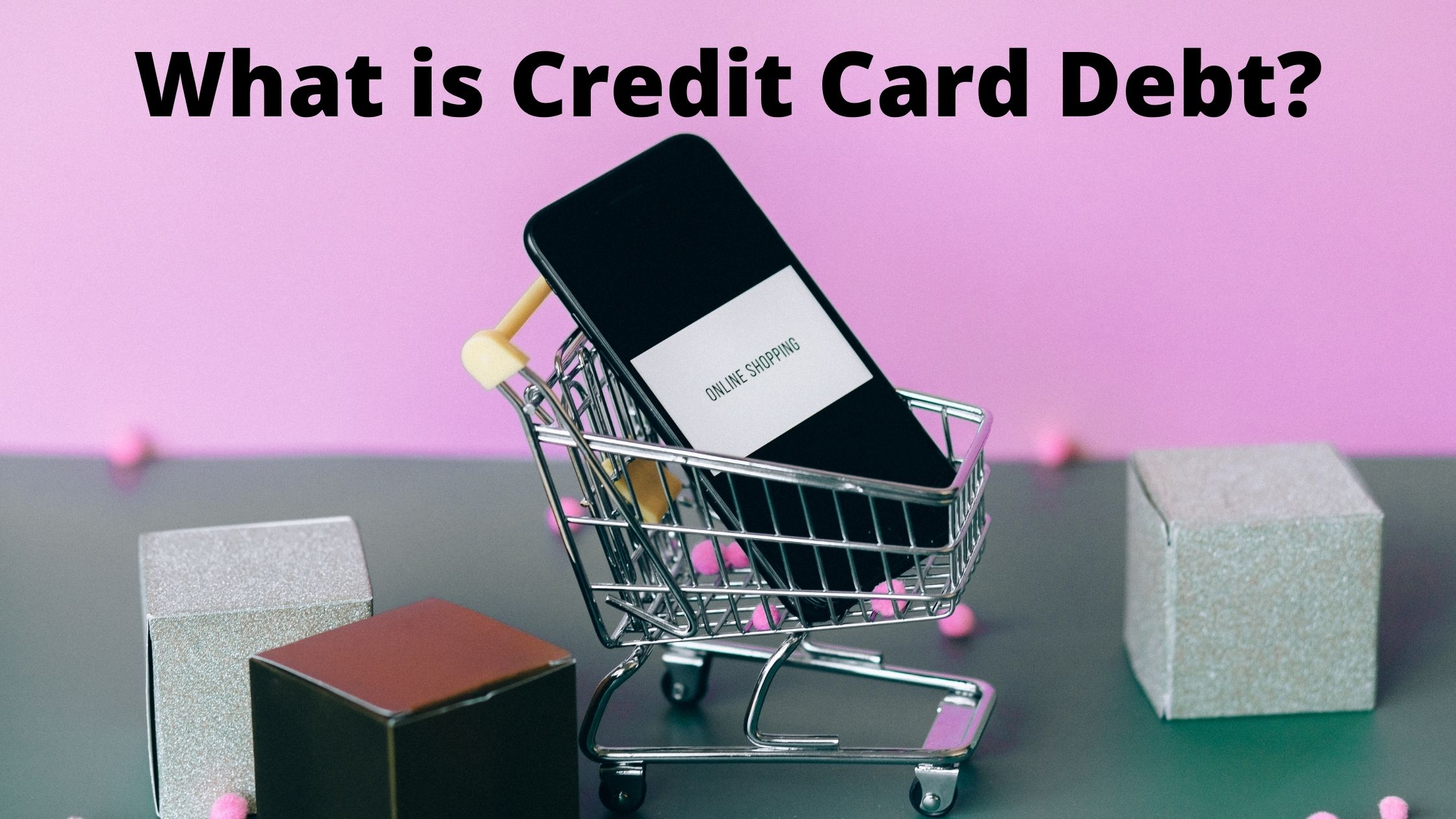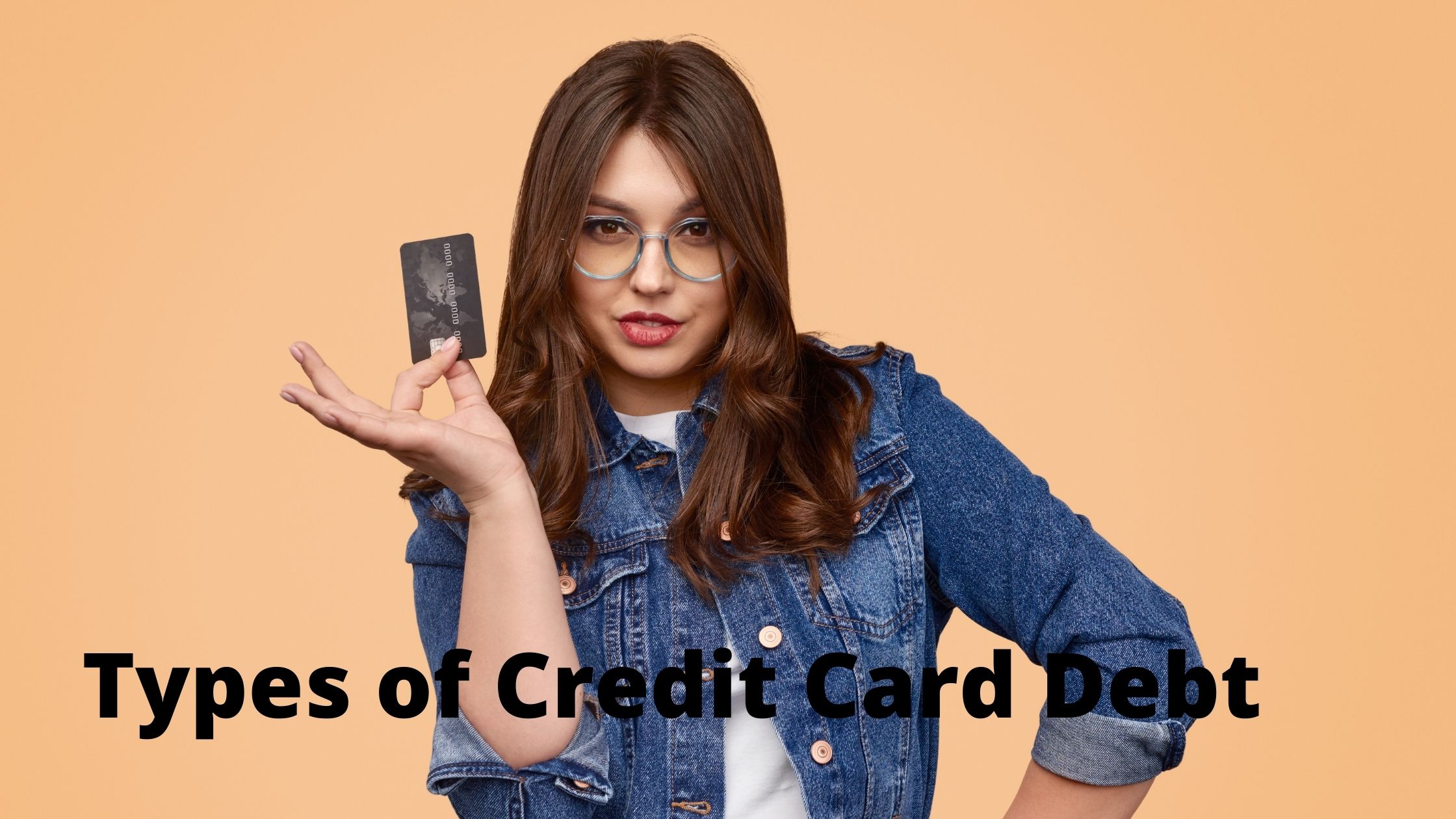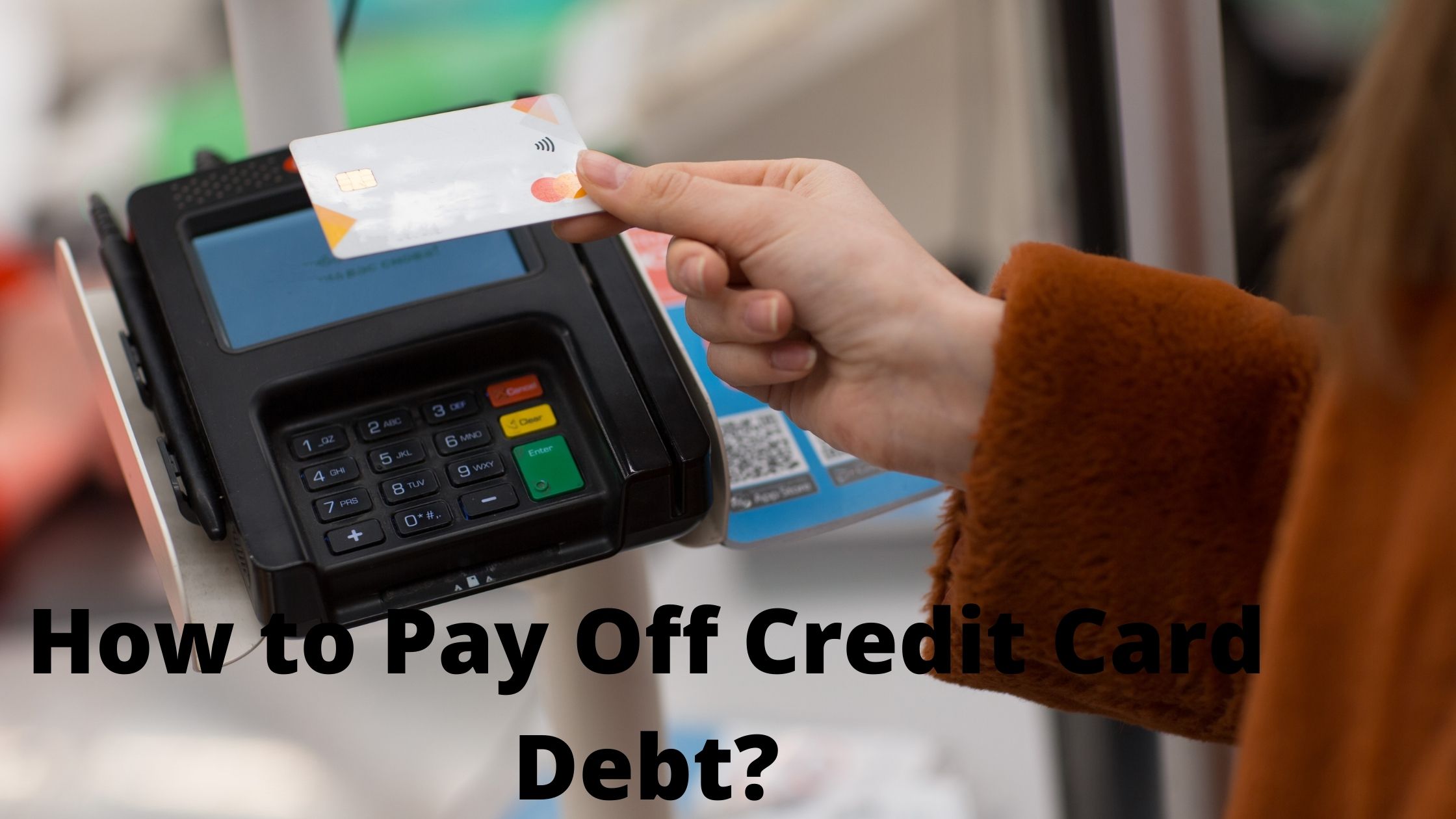Debt is a big problem and one that many people struggle with. In this article, we’ll be looking at how much credit card debt is too much, and what you can do to get rid of it if it’s getting out of control.
What is Credit Card Debt?
Credit card debt is generally considered to be any amount of debt that you have with a credit card. This could be an unsecured debt, such as a personal loan or credit card bill, or it could be a secured debt, such as a car loan. The important thing to remember is that credit card debt is considered to be a form of debt, and like all other forms of debt, it can have serious consequences if it becomes too much for you to manage.
One of the most common consequences of having too much credit card debt is that it can lead to financial difficulties. This is because credit cards are designed as a way to borrow money and then pay it back over time. If you’re not able to pay back your credit card debts on time, this can lead to interest charges and other penalties being added to your debts, which can make them even more difficult to pay off. In addition, if you decide to declare bankruptcy as a result of having too much credit card debt, your debts will likely be discharged in bankruptcy court – which could have serious consequences for your financial future.
So what’s the right balance between using your credit cards and managing your debts? That’s something that each
Types of Credit Card Debt
There are many types of credit card debt, and the amount you can owe depends on your credit score. Here’s a breakdown of the most common types of credit card debt and how much you can owe:
– revolving debt: This is the most common type of credit card debt. You can have up to $2,000 in revolving debt outstanding at any one time. This includes both new purchases and balances from previous months. Your credit score affects how much you can borrow for this type of debt. If your score is low, you may be able to borrow less money for a revolving account.
– installment debt: You can have up to $50,000 in installment debt outstanding at any one time. This means that you have borrowed money over a period of time, typically monthly or quarterly. Your credit score doesn’t affect how much you can borrow for installment debt.
– closed accounts: If you close your account before the full balance is paid, you may be able to get a partial refund or reduction in the interest rate charged on that account. You may also be able to get a loan against the value of that account, which could reduce the amount you owe. However, if
Creditor Rights when it Comes to Credit Card Debt
When it comes to credit card debt, creditors have some specific rights. For starters, creditors generally have the right to collect the debt from you in full. Additionally, creditors may also try to negotiate with you for a lower amount of owed debt, or for a longer repayment period. However, if you do not repay your debt in full and on time, your creditor may take legal action against you.
If you are having trouble meeting your credit card payments, don’t hesitate to consult with a qualified credit counselor. They can help you understand your options and get on track to paying off your debt in a timely manner.
How to Pay Off Credit Card Debt?
There are a few things you can do to help pay off your credit card debt more quickly. First, make a budget and stick to it. Second, analyze your spending patterns and see where you can cut back. And finally, find a way to earn money that doesn’t involve using your credit card.
Each of these steps is important, but the most important thing you can do is take action. If you want to get out of debt, then you need to make some sacrifices. Track your progress and keep up the pressure on yourself. Eventually, by working hard and making smart choices, you’ll be able to pay off your credit card debt
Conclusion
Too much credit card debt can have a serious impact on your finances, both in the short and long term. If you’re struggling to pay off your cards each month, it’s important to take action and start reducing your outstanding balances as soon as possible. Not only will this improve your credit score and reduce your borrowing costs in the future, but it will also free up valuable cash that you can put towards more important things in life.


